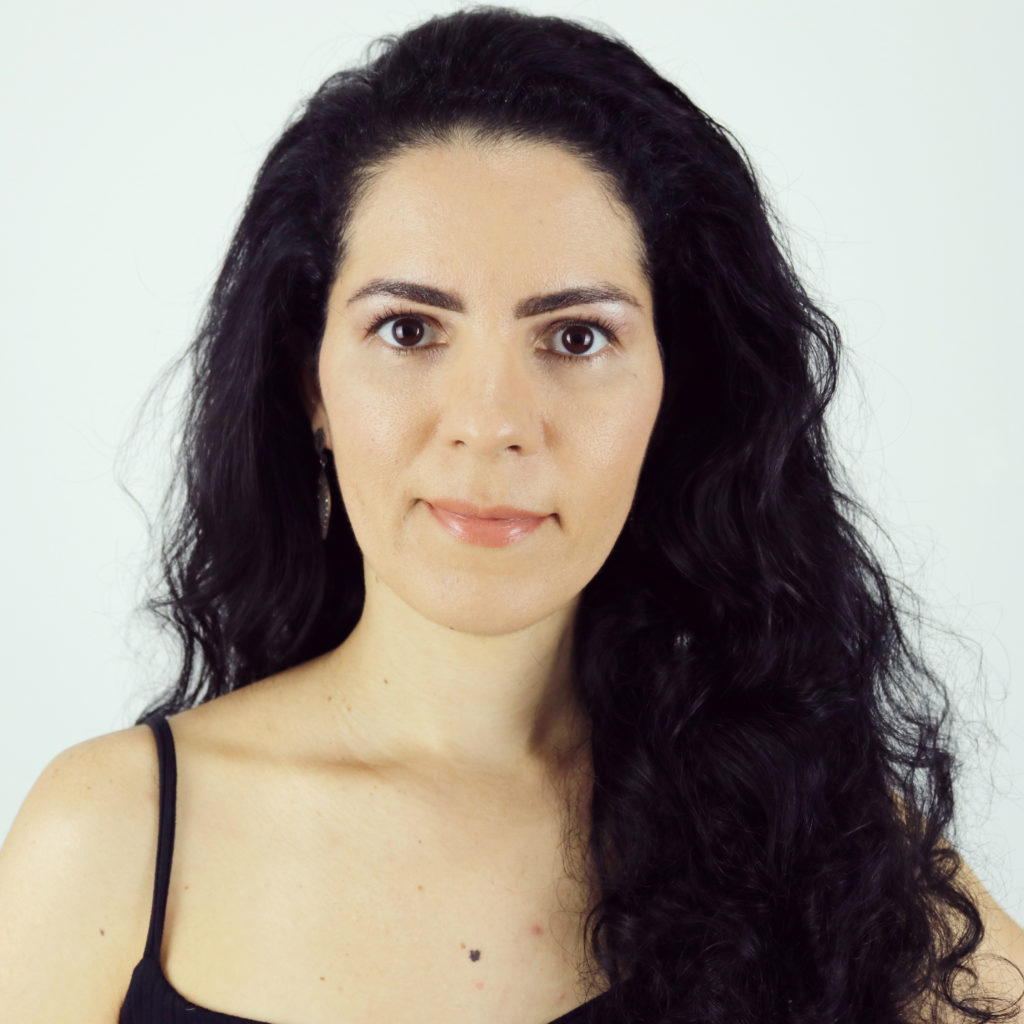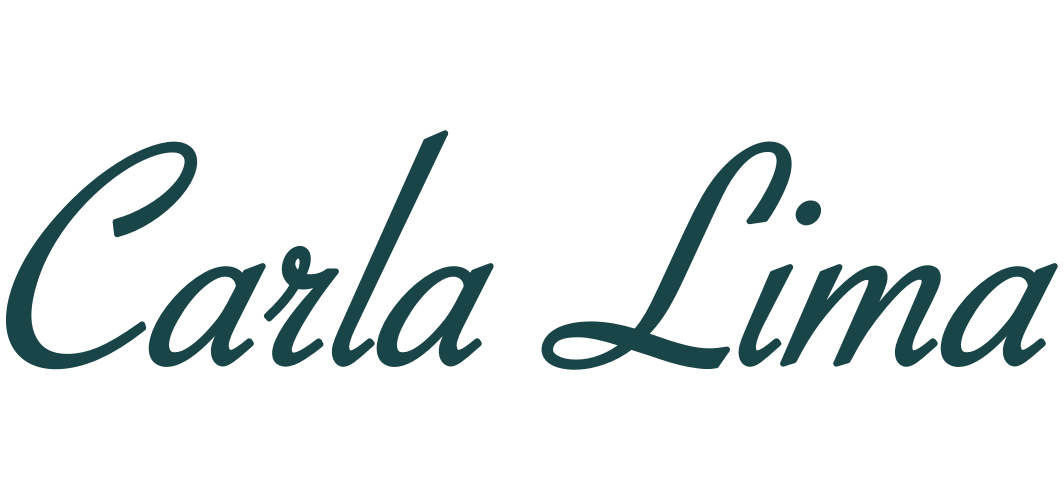Singing and Trauma

Difficulties with singing, such as muscle tension, shallow breathing, and trouble reaching high notes, can be a result of trauma. In general, it is accompanied by anxiety and other emotional symptoms. In such cases, the traditional approach to singing training has little effectiveness and may even increase emotional blocks to singing.
What is Trauma
Trauma is an Autonomic Nervous System response from an overwhelming past experience when the release of intense stress for any reason was not possible. The Nervous System reacts to present situations that in some way resemble the original traumatic experience in an attempt to protect the individual from danger. These reactions operate on an unconscious level.
Singing is Part of Being Human
I never believed that only a few people are born with the ability to sing, and my own path has shown me the reasons why many people have blocks to sing and what strategies can benefit them.


My Path
I started studying this subject because of my own struggle with singing. After many frustrating attempts over the years, saying to myself I didn’t have the talent for it, and numerous failures with singing teachers, I decided to work on myself and sing anyway. Then, I started realizing that my difficulty in singing was not due to a lack of ability or gift, but a consequence of profound traumas suffered during my childhood.
I have a Bachelor’s Degree in Speech Therapy and a Master’s Degree in Public Health, always passionate about the human voice and its potential. But I realized that when singing I feel the greatest happiness, so unlocking my singing was part of finding myself.
Resources to Help Clear Emotional Blocks to Singing
To help people resolve emotional blocks to sing through an approach of self-knowledge and respect of their bodies and emotions, I share educational content and practices. I recommend you subscribe to the Studio’s YouTube Channel and also read my blog posts on this topic. Sign up for the Studio Newsletter to receive the news, including the upcoming workshop.
Studio Channel
Blog



Singing is an expression of the Self, the person’s true feelings.
Singing is a bridge between body and soul.
